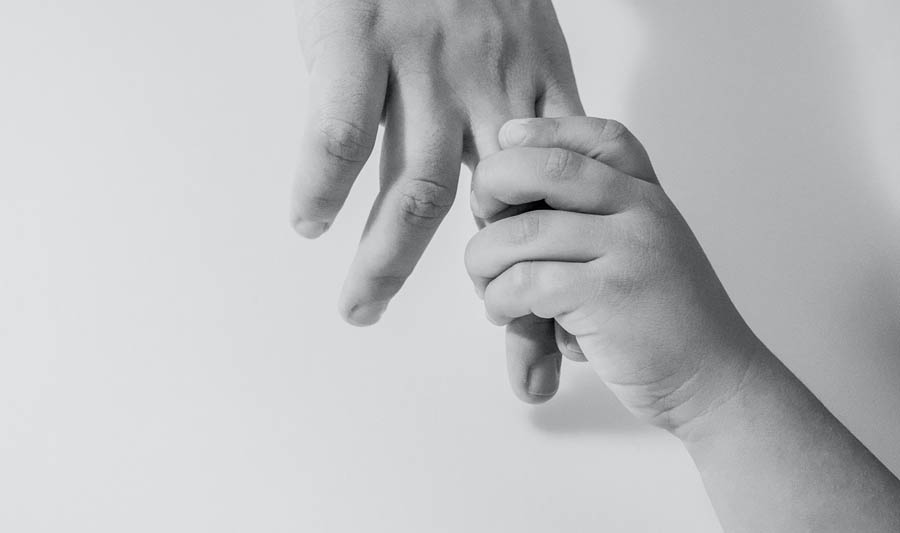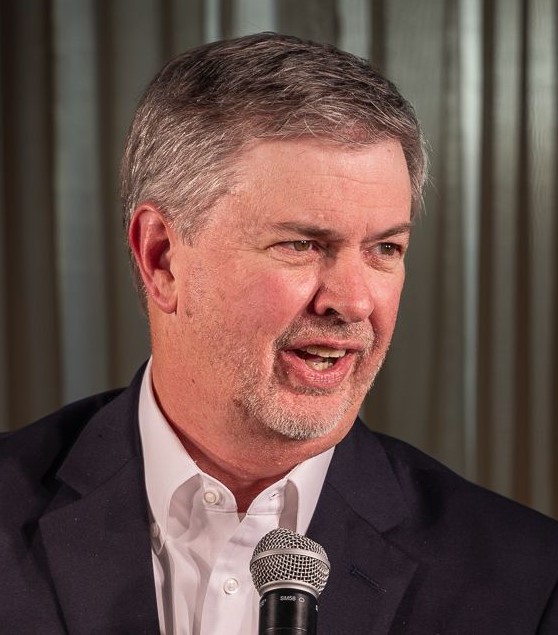For the Walden bunch, one of the highlights of 2020 (yes, there were highlights—they were just difficult to find) was watching Dallas Jenkins’ season one of The Chosen, on YouTube.
If you haven’t watched it, this is one of the best—if not the best—productions of faith cinema we’ve seen. The acting is incredible, the storylines created from Biblical accounts add context to the stories we’ve read so often, and actor Jonathan Roumie portrays a Jesus with whom anyone can connect.
Jenkins’ ability to create back stories behind Jesus’ interactions and miracles is nothing short of amazing. Though he would be the first to admit his interpretation of why some events took place is only conjecture, he brings a reality to the screen which grabs viewers.
In episode eight of season one, The Chosen takes on one of the pregnancy help community’s favorite stories, that of the Woman at the Well. It was perfect timing for me, as I was writing thoughts on the story for a project I’m playing with. The Chosen provided a fascinating perspective.
I won’t give anything away here—you can watch it for yourself and we know what happened anyway—but what struck me is that this is one of only three encounters found in the Gospels where Jesus confronts someone who we might say is “caught in sin.”
[Click here to subscribe to Pregnancy Help News!]
The others? The adulterous woman and the thief on the cross. Of course, we find plenty of people accused of sin in the narratives of Jesus’ life (and of course, Jesus talked a lot about the sin of the religious leaders). But only three times can we find someone accused of committing one of those acts we call, “sin.” It’s a fascinating study to see how Jesus responded to each person. For now, back to our Woman at the Well.
A similar story in our work
In the pregnancy help community, we see a lot of women with at least one of the challenges the Woman at the Well faced. The world around her labeled her (“sinner” was probably the least of these labels), avoided her and generally shunned her from polite society.
Honestly, how many do we see who feel as if they are abandoned by the “good people” of our culture? I’m guessing a lot.
Tweet This: How many clients do we see who feel as if they are abandoned by the “good people” of our culture? I’m guessing a lot.
Roumie’s acting in this encounter, he said later, led him to tears. With good reason.
Here was a woman with no hope, no friends, no future. And Jesus, instead of avoiding the situation, tells her (in The Chosen’s portrayal) she is the first to hear that he is the Messiah for whom all were waiting.
She is stunned by this, and when she says to Jesus that she is going to tell her people all about him, Jesus responds with a smile, “I was hoping you would.”
We don’t see this response in John’s account, and while John likely didn’t record every word of that encounter, “I was hoping you would” certainly speaks to the spirit of what Jesus wanted.
After all, we do know she told her people about Jesus. We do know the result of this, that many followed him. And we do know Jesus was so encouraged by the response of the town of Sychar, he stayed in the area two more days.
What about us?
This encounter provides us with a perfect example of how we reach out to those who come in our door.
First, Jesus stated the Samaritan woman’s situation without judgment (“The one whom you have now is not your husband”), without explaining why her living situation is--shall we say--not optimal. We don’t hear Jesus say, “In the Torah we are told . . .” Nor does he spend time critiquing her relationships. He simply states the facts and moves on.
Second, Jesus offers an amazing opportunity. She gets to be the first to hear, from Jesus, that he is the chosen one. The question we can ask ourselves is, “What opportunities can we provide those we see, opportunities to experience God’s perspective on how important they are?” Jesus, in one sentence, told the Samaritan Woman she had incredible value. After all, being first is usually a big deal. We may not be messiahs, but we can find creative ways to do the same.
Third, Jesus put his trust in her. How many times did Jesus tell those he healed, “Don’t tell anyone?” As we know, many blabbered anyway. But Jesus blessed this woman with incredible trust, cutting her loose to tell her story immediately. She didn’t need a 12-week Torah study, a discipleship course or anything else. Nor did Jesus ask her to confess her sins and repent of . . . anything. He just trusted.
As we grow in influence with those we see, let’s ask ourselves how we can—in real life—show our clients and patients the opportunity they have to make the world better as they choose life. Along the way, let’s let them know we believe in them, and trust them, too.
It’s a winning formula. If we’re not sure, let’s ask Jesus—it worked fairly well for him, didn’t it?







